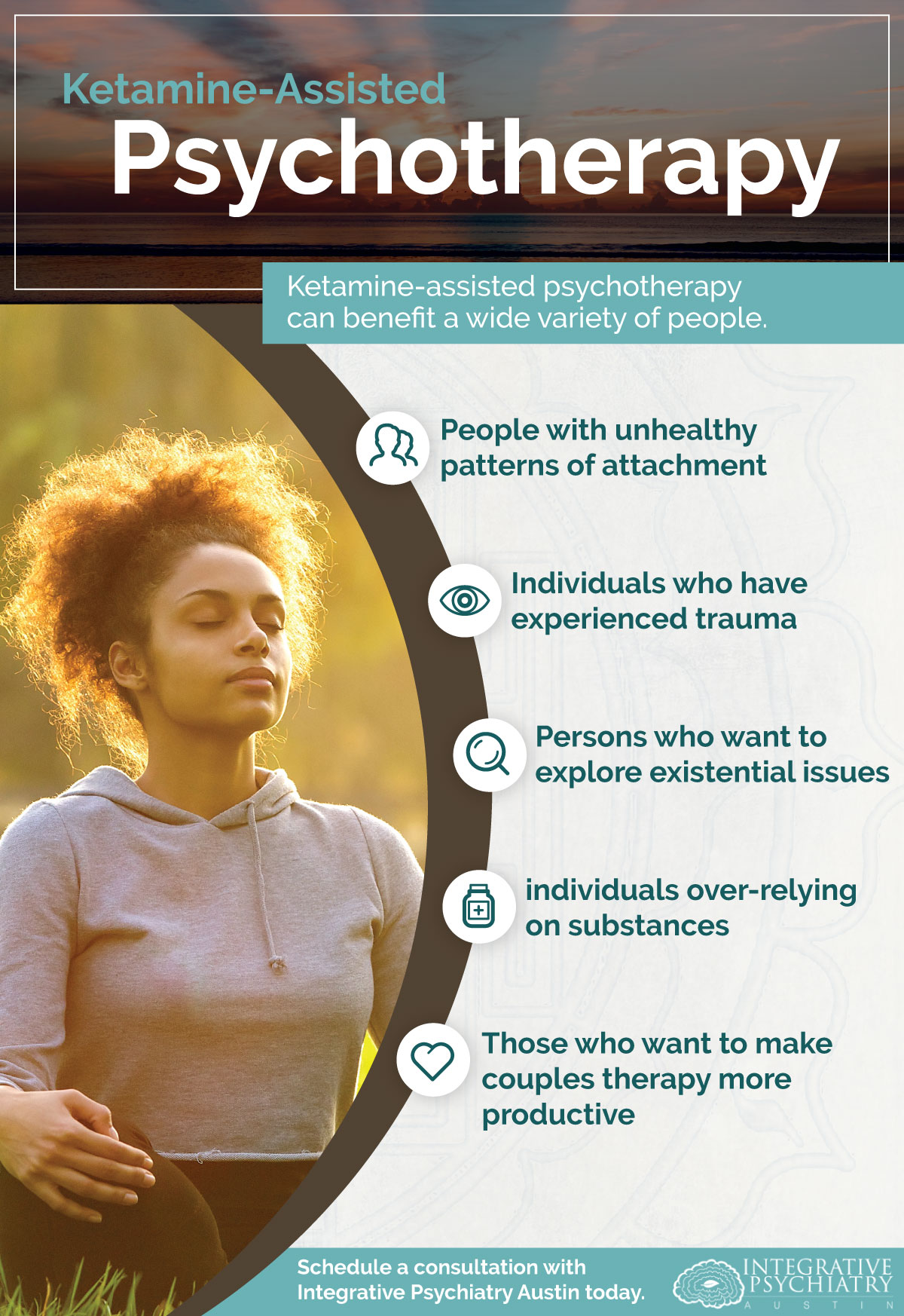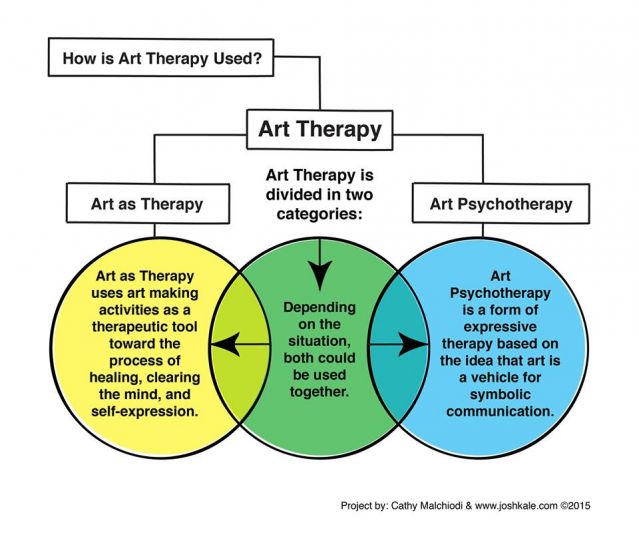The Benefits of Psychotherapy: Why Make the Investment? Things To Know Before You Get This


PDF) Challenges and benefits of participating in an online group psychotherapy course
Our Commentary: The benefits of traditional psychotherapy Statements
People who wait less than three months from evaluation to treatment are nearly 5 times most likely to report that psychotherapy was useful when compared to those waiting twelve months or longer (Mind, 2010). Psychotherapy delivered in a regular care setting is usually as efficient as psychotherapy provided in scientific trials (Minami, Wampold, Serlin, Hamilton, Brown, & Kircher, 2008).
This number increased to 70-75% after 6 months, and 85% at one year. While Check it Out involves mutual conversation in between a therapist and customer, other approaches may be utilized, for instance, art, music, drama, and movement. Cognitive behavior modification for depression was found to cause less adverse negative effects such as sleeping disorders, tiredness, uneasyness than antidepressants (Kamenov, Twomey, Cabello, Prina, & Ayuso-Mateos, 2017).

Psychotherapy ppt.
Although touch has been shown to be important for development and relationships, within psychotherapy it has the potential to both harm and recover. Leijssen (2006) stressed that healing touch must constantly be for the customer's sake; what is preferred by one may not be preferred by another. For some, human-to-human contact is within their personal and cultural boundaries of what is appropriate and helps to produce a connection with a therapist, for others touch is outside a therapist's remit (Ford, 1993).
Psychotherapy: What to expect and how it works - Truths

Consolation touch. Reassuring touch. Grounding or reorienting touch. Touch intended to avoid a customer from hurting self or others. Corrective experience. While therapeutic touch must be carefully thought about, in the ideal context it can be hugely advantageous. Within the practice of body-oriented psychiatric therapy (BOP), for circumstances, different kinds of touch are used expertly as a method of re-shaping somatic memories and releasing associated mental constraints (Totton, 2003).
While touch in BOP is particularly matched to those with body-related psychopathologies, it is also pertinent for disorders with restricted treatment reaction to standard psychiatric therapies, for example, PTSD, anorexia nervosa or chronic schizophrenia (Rohricht, 2009). Social touch has actually been found to ease existential concerns amongst individuals with low self-esteem while improving mental well-being and confidence (Nuszbaum, Voss, & Klauer, 2014).
